Heart Disease Disability Benefits
Home » Disability Benefits » Disabled Children
Heart disease is one of the leading reasons people apply for Social Security Disability benefits. If chest pain, shortness of breath, or fatigue make steady work difficult, you deserve clear next steps, not guesswork.
National Disability Alliance is here to help. Backed by former Social Security Administration professionals, we help adults with disabilities secure the benefits they’ve earned. Get a free case review today, and let us handle the process while you focus on your health.
How National Disability Alliance Can Help
When heart disease keeps you from working, you need a team that knows SSA inside and out. National Disability Alliance coordinates your claim from start to finish so you can focus on your health while we pursue the disability you’ve worked hard for.
We work on a contingency fee basis, so there are no fees unless your claim is approved. Our team has deep experience handling claims and appeals for serious medical conditions. We provide end-to-end guidance and representation for applications, hearings, and post-decision steps, with clear communication in English and Spanish.
Family members often assist with applications, medical records, and appointments. We support both you and your loved ones with clear explanations, paperwork management, deadline tracking, and hearing preparation, so everyone knows what to expect and how to help.
If you have questions about your case, call 833-693-4722 or use our online contact form for a free, no-obligation consultation.
Qualifying For Heart Disease Disability Benefits Under SSA Rules
Social Security has two programs that provide disability benefits. Social Security Disability Insurance, or SSDI, provides benefits to people with sufficient work histories who can no longer work because of a disabling condition. Supplemental Security Income, or SSI, is a needs-based program for those with little to no income. To qualify, you must be over age 65, be blind, or have a disability that prevents you from working.
If heart disease prevents you from performing substantial gainful activity, or SGA, you may qualify for SSDI or SSI. To win approval of benefits, you must provide proof of the condition’s severity, your functional limitations, and their impact on your ability to work. To assess conditions, the SSA uses its so-called Blue Book listing various qualifying disabilities, including cardiovascular disorders, and their corresponding medical criteria for eligibility.
Heart Conditions That Often Qualify
The SSA assesses heart disease under listing 4.00 – Cardiovascular System of the Blue Book. The following conditions may qualify you for disability benefits if your medical records show ongoing symptoms and work-related limitations:
- Chronic heart failure: Reduces pumping ability and causes fatigue, swelling, and shortness of breath
- Ischemic heart disease: Narrowed arteries limit blood flow, leading to angina and reduced stamina
- Arrhythmias: Irregular rhythms can cause palpitations, dizziness, and fainting
- Cardiomyopathy: Heart muscle disease impairs functional and exercise tolerance
- Valvular heart disease: Leaky or narrowed valves strain the heart and limit exertion.
- Congenital heart disease: Structural defects from birth can cause ongoing limitations despite treatment.
- Pulmonary hypertension: High lung-artery pressure causes breathlessness and reduced work capacity.
- Aortic aneurysm or dissection: Vessel disease may restrict activity and require monitoring.
- Pericardial disease: Inflammation or fluid around the heart can cause chest pain and fatigue.
- Post-heart transplant status: Lifeline medications and complications can limit stamina and immunity.
Even if your condition is not listed in the Blue Book, you may still qualify if it is equivalent to a listed one or severe enough to significantly limit your daily functioning.
Proving Heart Disease Disability to the SSA
When applying for Social Security Disability benefits, you must present clear evidence that your heart disease prevents steady, full-time work. That proof comes from strong medical evidence, consistent treatment, and honest details about how your symptoms limit daily life and stamina.
SSA gives significant weight to your doctor’s observations. Ask your cardiologist to document objective findings, typical symptoms, and work-related limits. Consider having them complete a residual functional capacity, or RFC, form showing how your limitations affect your ability to work. Staying engaged in care and following prescribed treatment shows SSA you’re doing your part, and it helps explain any ongoing symptoms or side effects that still limit you.
Beyond test results, SSA evaluates how fatigue, shortness of breath, chest pain, dizziness, or swelling affect your pace and ability to complete a normal workday. Describe limits on walking, climbing stairs, lifting, standing, and concentrating, as well as days you would miss work due to symptoms or medical appointments.
Start Your Heart Disease Disability Benefits Claim Today
If your heart disease prevents you from working, you may be entitled to Social Security disability benefits. National Disability Alliance helps adults with disabilities secure the Social Security benefits they’ve earned. We use cutting-edge technology to make the process faster, easier, and risk-free, because you pay nothing unless we win your case.
Our professionals are here to answer your questions and clarify any misconceptions about Social Security disability benefits. We can help you file your application, represent you at hearings, and file any appeal.
Call 833-693-4722 or contact us online for a free consultation and start on your path toward the benefits you worked for.
Helpful Resources To Get You Started
Types of Disabilities
Learn which conditions qualify for SSDI and SSI – and how medical documentation plays a key role.
Types of Disabilities
Disability Benefits
Explore the benefits available through Social Security Disability and what you can expect to receive.
Disability Benefits
Application Process
A step-by-step look at how to apply for disability benefits – and how we can help simplify the process.
Application Process
FAQs
Have questions? Find quick answers to the most common disability questions we hear from applicants.
FAQs




